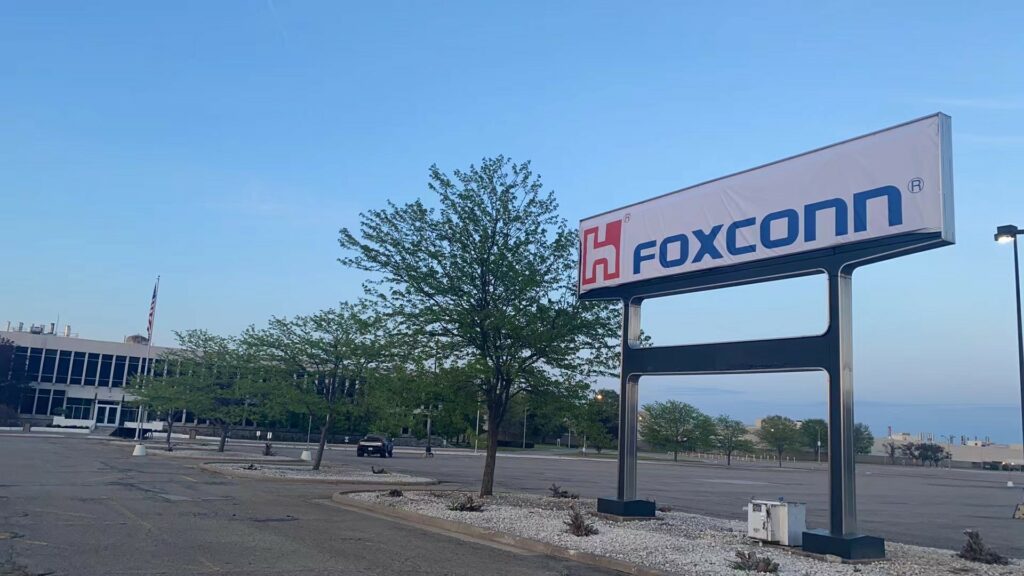Foxconn may be the subject of a sensational lawsuit with Lordstown Motors but that hasn’t stopped the world’s largest contract electronics assembler from announcing a significant $250 million investment in Vietnam.
The company has confirmed that its Foxconn Singapore unit will invest roughly $250 million in an industrial park in northern Vietnam. This site will be responsible for building a host of electric vehicle components, controllers and “other products to meet future development needs.”
Of the $250 million investment, approximately $200 million will be used at a factory to produce EV chargers and components. This site will commence production in January 2025 and employ 1,200 people. The remaining $46 million will be allocated to a plant that produces electronics and telecommunication components. It will start production in October 2024.
Read: Lordstown May Have Accidentally Sold Itself To Foxconn – At A Huge Discount

Reuters notes that the two sites will be located in the Song Khoai Industrial Park and that the projects mean Foxconn has invested almost $3 billion in Vietnamese manufacturing over the past two decades.
“With roots that go back more than 15 years, Foxconn’s base in Vietnam is one of the key locations in our global footprint,” the company noted in a statement.
Foxconn’s Vietnamese investments won’t stop here. Last month, it said it plans to establish a $100 million factory in the country’s central province of Nghe An.
News of these investments come less than a week after Lordstown Motors filed for Chapter 11 bankruptcy and issued litigation against Hon Tai Technology Group and Foxconn. The American car startup claims that the manufacturing giant caused it material and irreparable harm, stating that Foxconn had no intentions of living up to its commitments and made contractual arrangements simply to destroy Lordstown’s business in bad faith.
In a statement issued to the media after news of the lawsuit came to light, Foxconn said it had hoped to continue private discussions with Lordstown Motors without “resorting to baseless legal actions.” It added that it now “reserves the right to pursue legal actions and also suspends subsequent good faith negotiations.”




